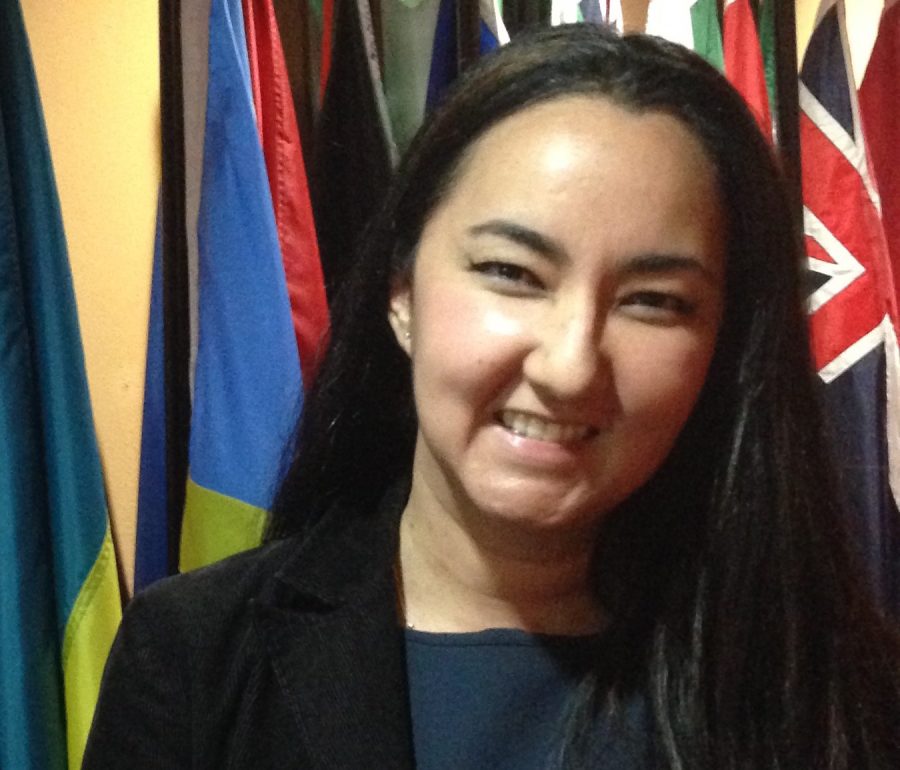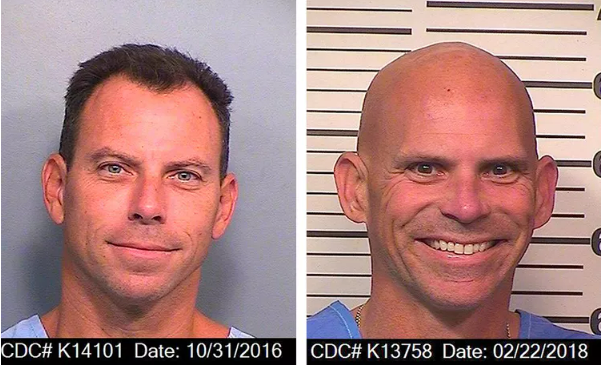FAU Grad Leyla Sharafi Working with United Nations on Behalf of Women Worldwide
With the media overly focused on the strife and contention that permeates international affairs, it is rare to hear of those who have dedicated themselves to improving the lives of others on a global scale. It is even more rare to discover that such a person has ties to the local community.
One such person Leyla Sharafi, a 39 year-old, Muslim-American woman who attended Santaluces High School in Lantana and Florida Atlantic University in Boca Raton, now working with the United Nations in a global effort to improve women’s rights and to stop violence against women.
The United Nations (UN) is an international organization that was created in 1945, shortly after the end of World War II. The intention of its formation was to encourage the resolution of international strife with the exclusion of war, as well as to form policies on international issues.
Today, the supranational organization has expanded from its original 51 members to encompass 193 countries, all united by the ideal of maintaining and building upon world peace. With offices in nearly 140 countries, the 44,000 employees that make up the UN work with true passion to protect the original goals that the organization stood for.
As a child, Sharafi was exposed to a plethora of cultures as her family had an extensive migratory history, moving first from Uzbekistan to Afghanistan in an attempt to flee from Communism in the 1930s, and again in the 1980s as her family permanently settled in the United States.
Born in New Jersey as an only child, Sharafi grew up in a modern Muslim household in which her mom would go to work to support their family and her father stayed home to care for her. This seemingly “flipped” situation is what first made Sharafi question gender roles in society.
Then at the young age of eight, Sharafi was taken on a life-changing trip to Delhi, India, where she first met her grandmother, and she recalls seeing kids her own age begging for money and living out on the street. After this horrific awakening, Sharafi realized that she had to do her part to “try and balance the world and to make it a better place.” That trip marked the beginning of her journey to work for the United Nations.
Sharafi moved to Florida in her early teens, and attended Santaluces High School in Palm Beach County; she then attended Florida Atlantic University where she earned degrees in communications and political science. While at FAU, she took part in Model-UN and had the opportunity to see firsthand what work is like in the UN. She has since been inducted into FAU’s Leon Charney Diplomacy Program Hall of Fame.
After leaving FAU, Sharafi was accepted into the New School and received a Masters in International Relations. Straight after graduate school, Sharafi was offered a four-month contract to work for the UN on handling a trust fund, and after that, her experience in the organization flourished.
Sharafi’s first true job with the United Nations involved her four-year involvement defending the rights of adolescent girls as she set rules, guidelines, and policies of protection. Since then, Sharafi has had the incredible opportunity to travel across the globe and experience some of the countries in which her work has been utilized, including Turkey, Germany, and India.
Sharafi has grown from this experience and has been chosen to be part of a group controlling a 500-million-dollar trust fund donated by the European Union (EU). This money was given as a way for the EU to show their stance in stopping violence against women, and will be spread out amongst 20 different countries suffering the most in regards to the victimization of women.
A significant portion of the money is going to Asia, where human trafficking is prominent; another chunk of the funds will be going to countries in Africa, most notably Somalia, Senegal, and Kenya, where female genital mutilation is still a heinous, yet relevant, practice. Sharafi shares that she feels “very revitalized and energized” and is ready to take on her new role in the UN.
When asked what the most uplifting part of her job is, Sharafi humbly answers, “empowering others to get rid of horrible social norms.” Later, she responds to the question of what the most captivating experience she ever had working with the UN by detailing her experience in a women’s health clinic in Uganda. While it was surely a step in the right direction in regards to protecting the women in Africa, “often the demands were very high, leaving young people waiting to see the doctors, nurses, midwives and other clinicians.
Sharafi also shares that she is very optimistic for the future, as there is currently much more legislation for girls’ health and education, and violence against women is slowly dying down for the majority of the population. Ultimately, Sharafi’s work, along with the thousands of other UN employees, is helping to shape a better future and maintain a world of peace.











